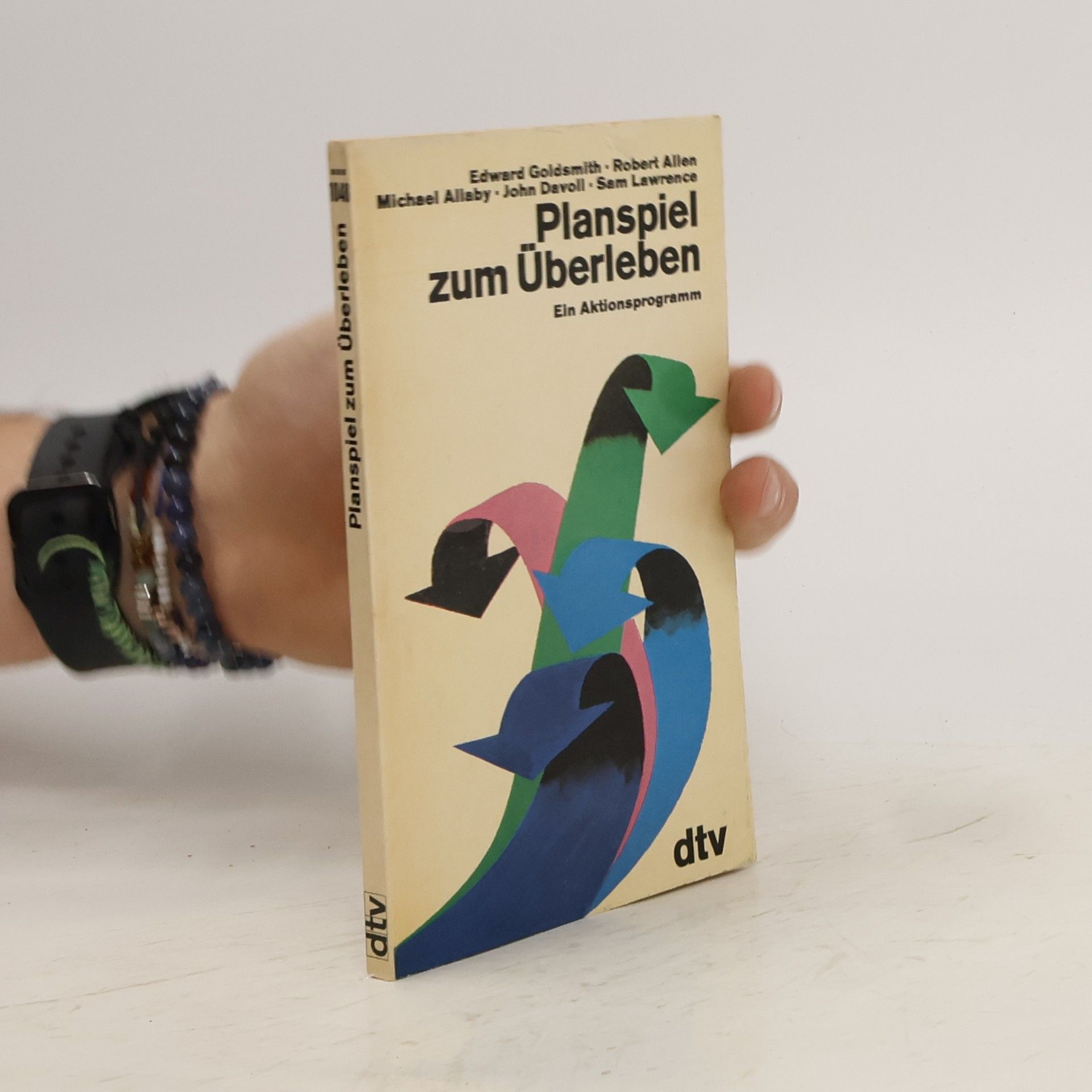Environmental and human catastrophe looms ever larger for planet Earth. From the need to build sustainable cities to house growing billions to transforming the international trade system to tackling run-away climate change, positive, powerful action is needed now to turn a deepening global crisis into an opportunity for change. This book, the first major output by leading lights from the World Future Council (WFC), a new international lobby for future generations, seeks nothing less than a complete transformation of how humans relate to the world and one another.
Edward Goldsmith Book order (chronological)
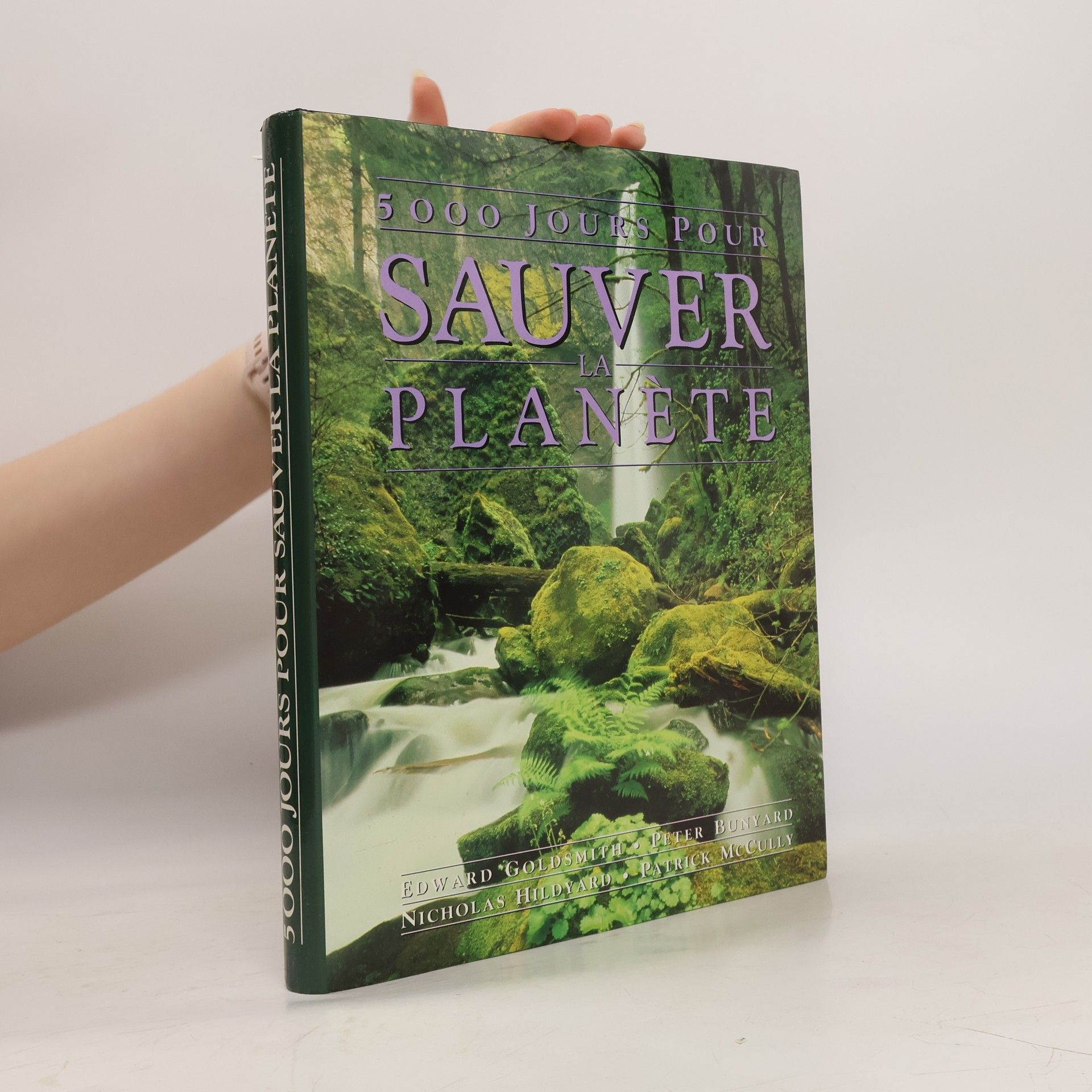


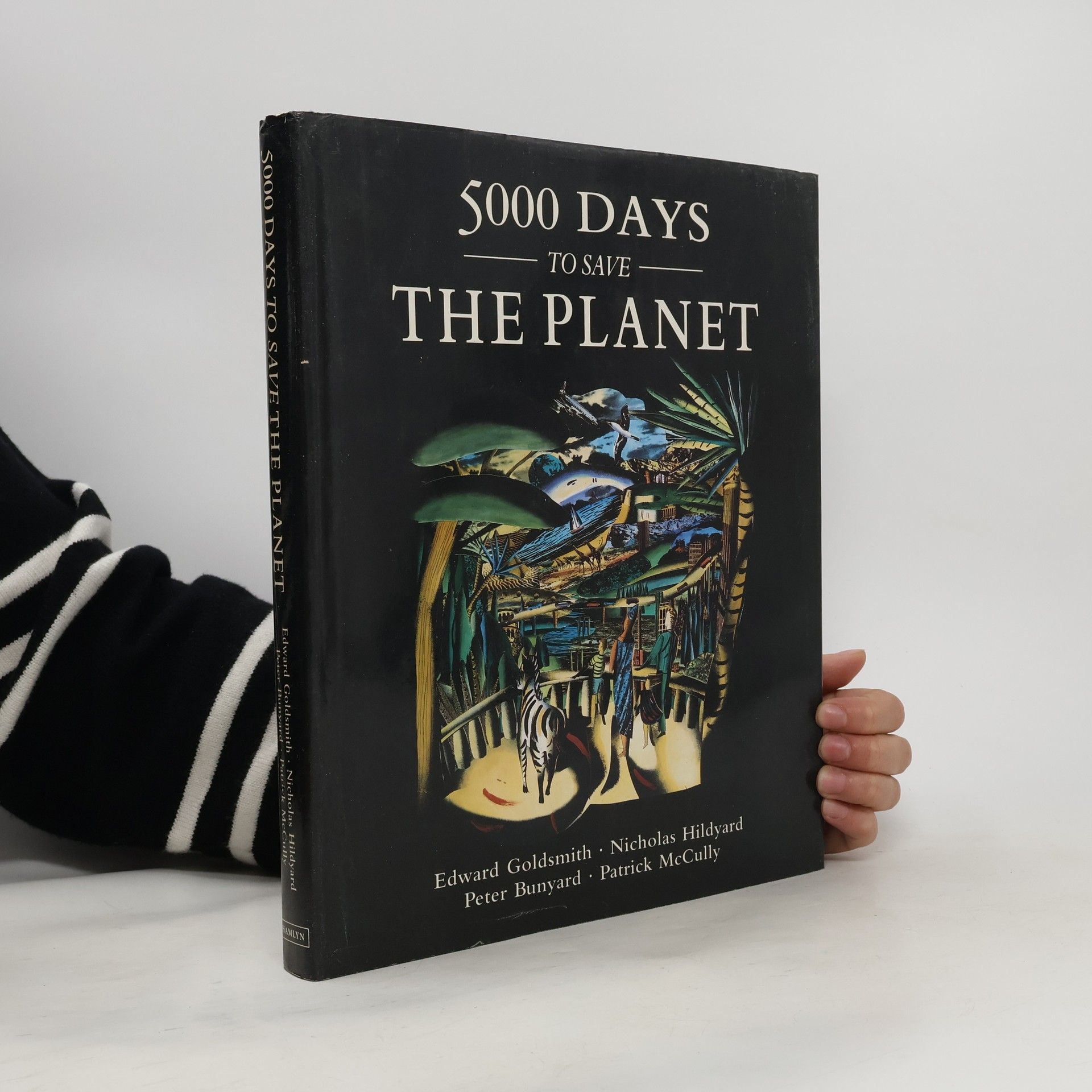
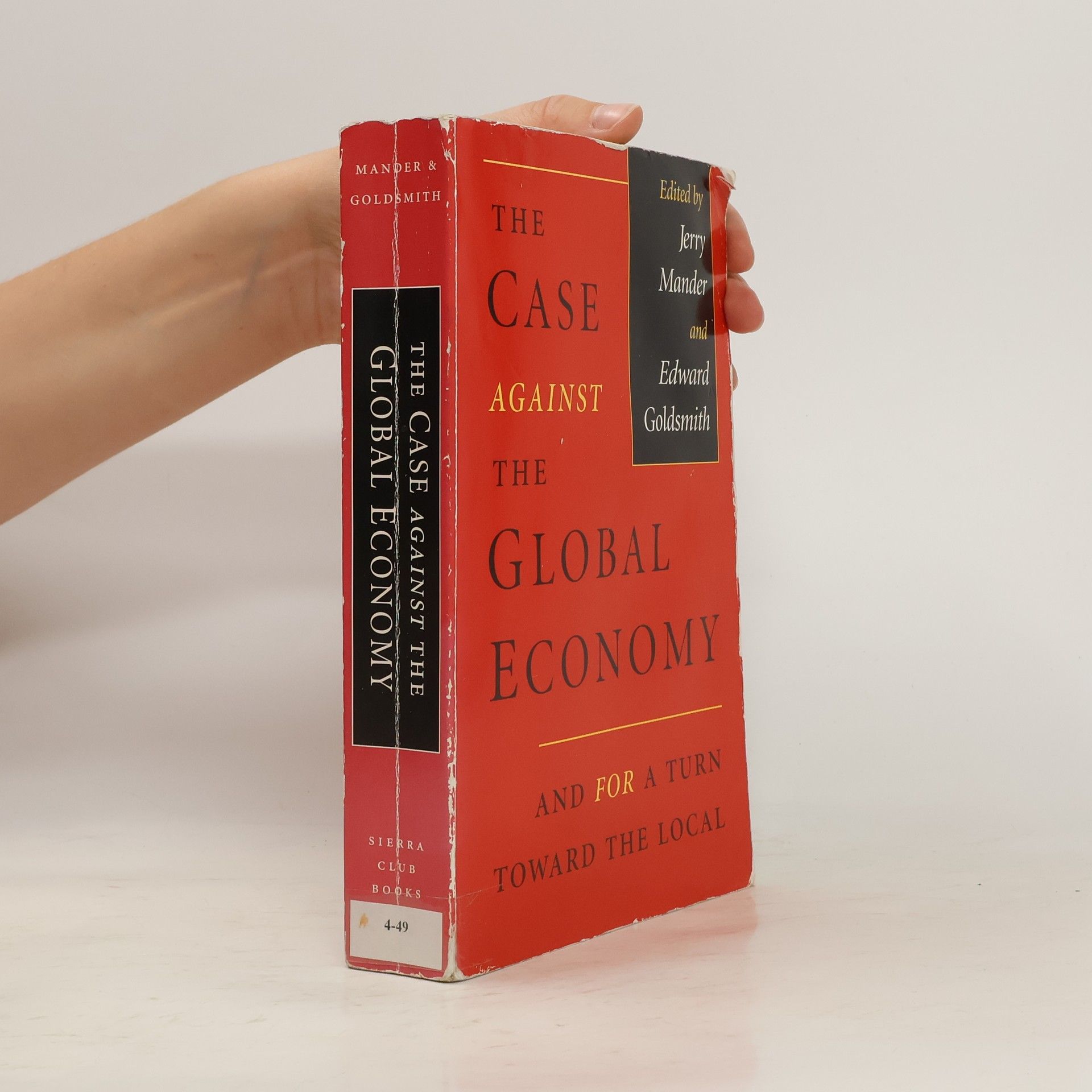
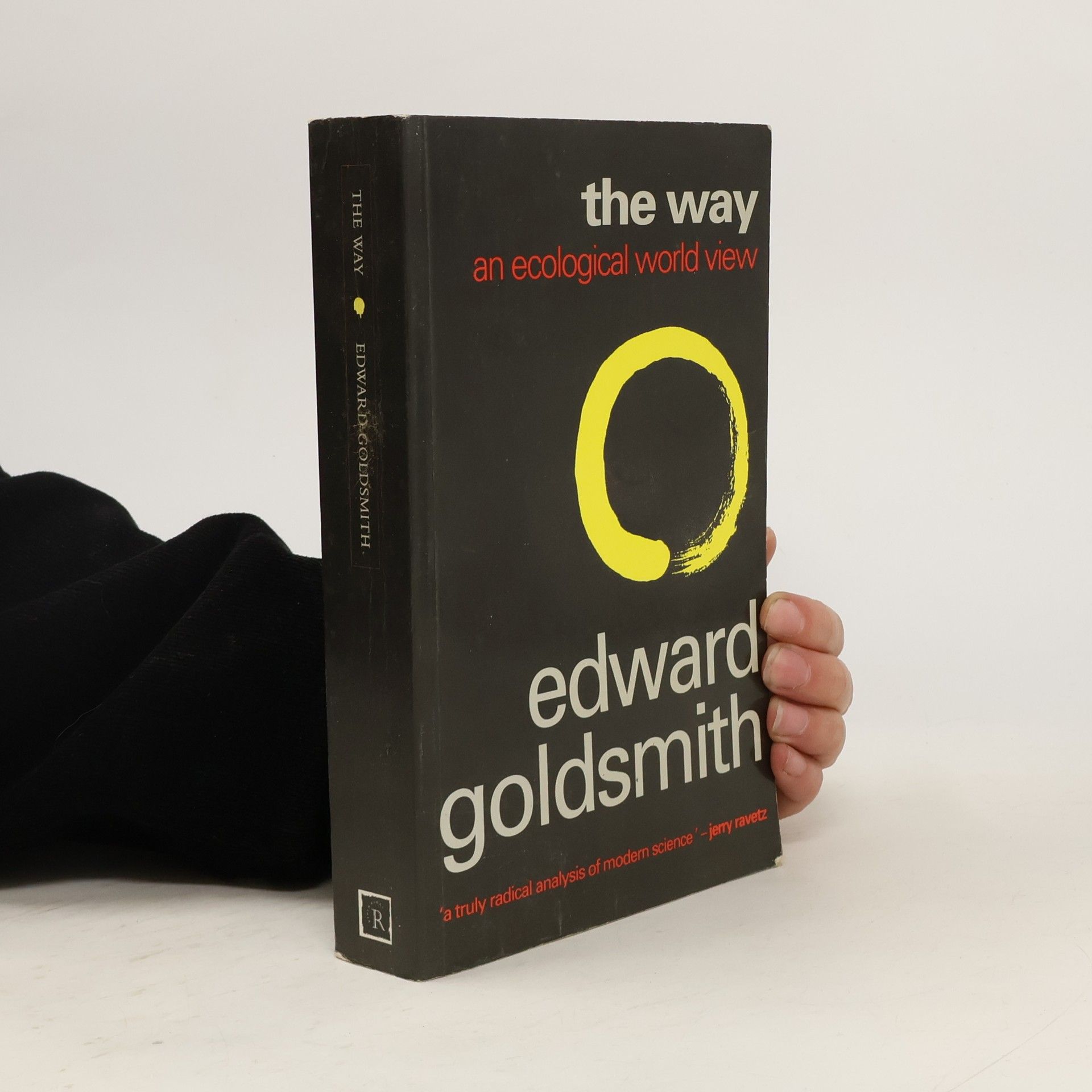
The Case Against The Global Economy
- 560 pages
- 20 hours of reading
In this book, Jerry Mander and Edward Goldsmith gather more than 40 economic, agricultural, and environmental experts to convey a complete picture of how globalization will affect our lives.
The Future of Progress
Reflections on Environment and Development - Revised Edition
- 256 pages
- 9 hours of reading
Book by Goldsmith, Edward, Khor, Martin, Norberg-Hodge, Helena, Shiva, Vandana
The Way
An Ecological World-View
The Way, Edward Goldsmith's magnum opus, proposes that the stability and integrity of the human depend on the preservation of the balance of natural systems surrounding the individual - family, community, society, ecosystem, and the ecosphere itself. Goldsmith calls for a paradigm shift away from the reductionist approach of modern science. Echoing the way of traditional cultures, he presents an all-embracing, coherent worldview that promotes more harmonious and sustainable practices capable of satisfying real biological, social, environmental, and spiritual needs. Revised to include a glossary, index, bibliographic notes, and several updated chapters, this is a major work by one of our boldest and most promising thinkers.
5000 jours pour sauver la planète
- 288 pages
- 11 hours of reading
5000 Days to Save the Planet
- 288 pages
- 11 hours of reading
As inhabitants of the earth, we are deeply intertwined with our environment. This provocative environmental primer adopts a holistic perspective, embracing the concept of Gaia. The authors view the natural world as a self-generating system that, while adaptable, is ultimately limited. They caution that we are engaged in a zero-sum game, and time is running out. The text presents a comprehensive overview of various ecosystems, detailing their functions, traditional human interactions, threats, and the extent of losses. It explores the root causes of environmental destruction and discusses ongoing efforts to mitigate these issues, alongside what remains to be accomplished. The authors tackle critical questions about the political, social, and economic forces driving environmental degradation, proposing solutions across agriculture, energy, and society. Illustrated with informative diagrams and maps, the book examines the balance of nature and delves into specific ecosystems, including ozone, forests, agricultural lands, rivers, wetlands, coasts, seas, coral reefs, and more. It critically assesses the costs of growth, such as urbanization, pollution, and health crises. The authors, editors of "The Ecologist," have been pioneers in recognizing global ecology and addressing pressing environmental issues.
